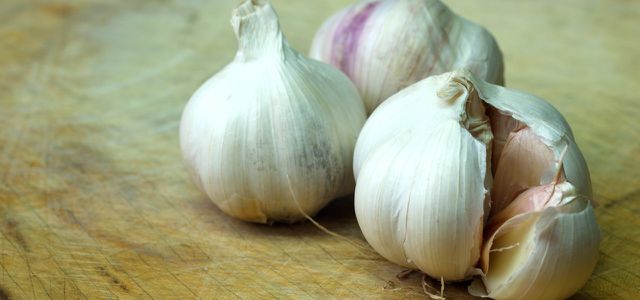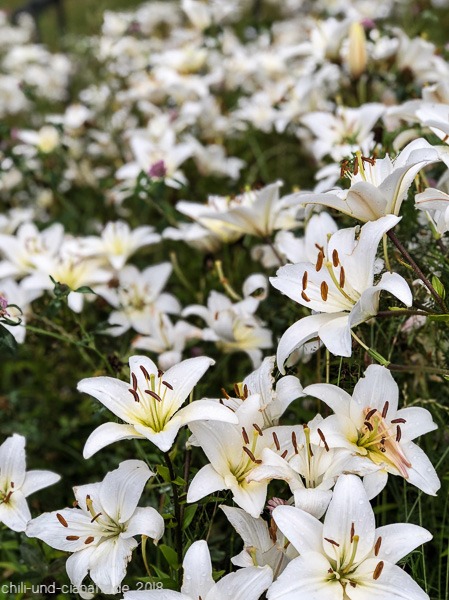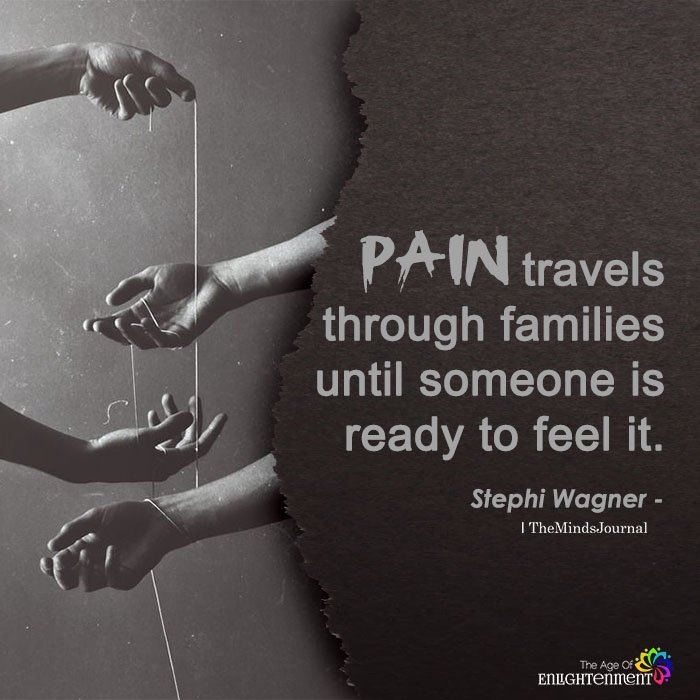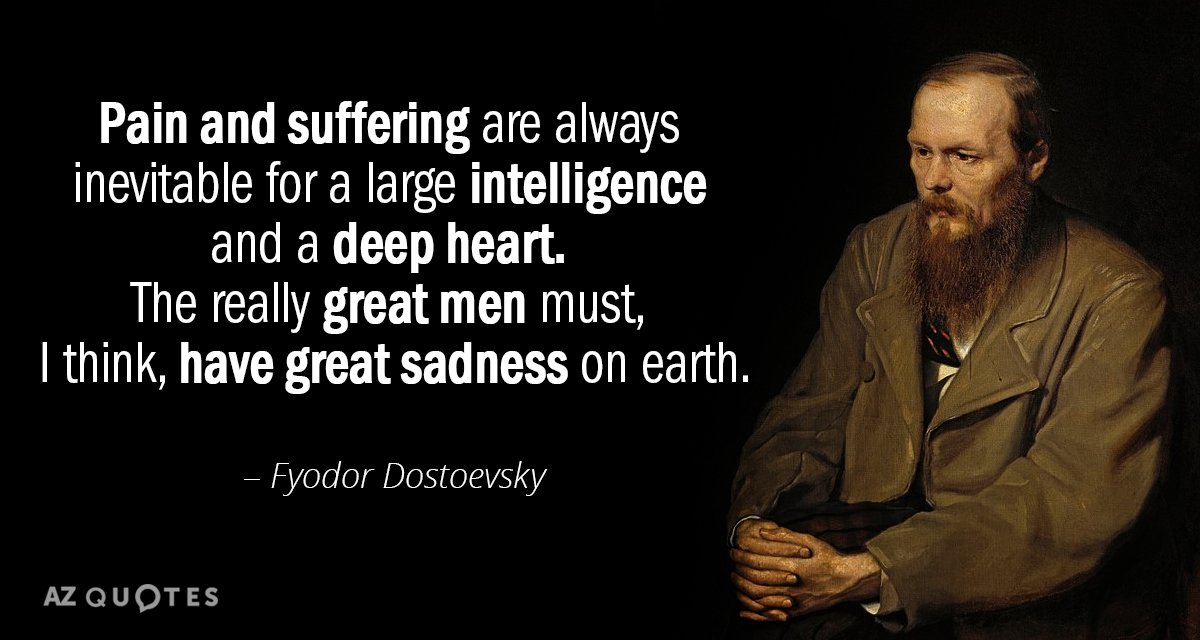
Hawkins / Schmerz
Inhaltsverzeichnis: (verbergen)
|
Schmerz ist die Schattenseite des Wohlbefindens in der Dualität. Wer im Rahmen von Karma in der gespaltenen Welt Vergnügen erlebt, erfährt auch unwillkürlich Leid. Sich von Anziehung und Abneigung zu lösen, ist hilfreich, um aus dem endlosen Zyklus der Dualität auszusteigen. Wenn man leidet, ist es hilfreich, den Widerstand gegenüber dem Schmerz loszulassen. In gleicher Weise verhindert das Nichtanhaften angesichts einer Phase von Wohlgefühlen, dass zu einem späteren Zeitpunkt Schmerzen auftreten.
Wenn man gegen etwas oder jemanden Widerstand spürt, so liegt die Abwehr im Bereich der Nicht-Integrität. Wer den Mut aufbringt, seinen Widerstand zu benennen und zu bekennen, hat die Chance, ihn zu brechen (abzulösen). Wer sich weiter öffnet, bewegt sich im Bereich der Neutralität und Bereitwilligkeit, bis hin zu den Bereichen von Akzeptanz und Hingabe.
Hawkins empfiehlt, energiezehrende Notstands-Emotionen und Schmerzen radikal anzugehen, das heißt, sie nicht mit beschwerenden Bezeichnungen oder Geschichten zu versehen, sie als das zu akzeptieren, was sie sind, ohne sie ausgiebig mit Gedanken zu nähren. Mit einer bereitwilligen Haltung kann man sie gar ermutigen, "noch stärker" zu flie- |
|
Von der Freude und vom Leid |
| Quelle: ► Khalil Gibran (1883-1931) libanesisch-US-amerikanischer Maler, Philosoph, Dichter, Autor, Der Prophet, S. 49, Erstveröffentlichung 1933, Walter Verlag, Zürich, Düsseldorf, 1998, Deutscher Taschenbuch Verlag (dtv), 1. Oktober 2003 |
| See also: ► Freude und ► Leiden |
|
|
|
Die vier Schritte zur Loslösung von Notstandsgefühlen1 im nichtintegeren Bereich lassen sich beispielsweise anwenden bei
Wer loslässt, wächst über seine wollüstigen Begierden und Gefühle der Scham, Schuld, Angst, Wut und des Stolzes hinaus und erreicht einen gelassenen, nicht verhafteten Zustand, in dem er gleichermaßen in Frieden ist, ob nun das Verlangen vorhanden ist oder nicht, ob es auftaucht oder verschwindet. Der Gelöste betrachtet sein Verlangen aus der Haltung der Harmlosigkeit und weiß, wann es angemessen ist und wie es angemessen zu befriedigen ist.
Um eine Bewusstseinsstufe hinter sich lassen zu können,
Beschleunigen: Die Haltung, dass die anstehenden Schatten-Empfindungen noch stärker auftauchen mögen, ist eine be- |
| Quellen (engl.): D. Hawkins, Videovorträge der Office Visit Serie, aufgenommen 1986: ► B-1 Drug Addiction and Alcoholism und ► A-8 Pain and Suffering und ► A-4 Sexuality |
| Siehe auch : ► Krankheit und ► Emotionen und ► Sexualität und ► Spirituelle Übungen und ► Sucht |

Personal avowals
Das All-sehende Auge, Kapitel 13 "Erklärungen", S. 289, 2005
Persönliche Bekenntnisse
Empfehlungen
Zukunftsaussicht
Schlussfolgerungen

|
Literaturzitate
Liedertexte
Personal avowals
Recommendations

Conclusions
Visionary future prospect
Insights
Words in brackets have been changed from singular, masculine to gender neutral.


Individual and collective pain-body
|
Literary quotes
Movie lines
|
Poor soul, the centre of my sinful earth, |
| Source: ► William Shakespeare [LoC 465] (1564-1616) English dramatist, playwright, lyricist, actor, Sonnet 146 Poor soul, the centre of my sinful earth, presented by the website Poetry Foundation, 1609 |
Pain
And a woman spoke, saying, 'Tell us of Pain.'
And he said: Your pain is the breaking of the shell that encloses your understanding.
Even as the stone of the fruit must break, that its heart may stand in the sun, so must you know pain.
And could you keep your heart in wonder at the daily miracles of your life,
your pain would not seem less wondrous than your joy;
And you would accept the seasons of your heart, even as you have always accepted
the seasons that pass over your fields.
And you would watch with serenity through the winters of your grief.
Much of your pain is self-chosen.
It is the bitter potion by which the physician within you heals your sick self.
Therefore trust the physician, and drink his remedy in silence and tranquillity:
For his hand, though heavy and hard, is guided by the tender hand of the Unseen,
And the cup he brings, though it burn your lips, has been fashioned of the clay
which the Potter has moistened with His own sacred tears.
| Source: ► Khalil Gibran (1883-1931) Lebanese US American painter, philosopher, poet, writer, The Prophet, 1923, S. 61, 1980, Laurier Books, London, 14. April 2003 |
Joy and Sorrow
Then a woman said, "Speak to us of Joy and Sorrow."
And he answered: Your joy is your sorrow unmasked.
And the selfsame well from which your laughter rises
was oftentimes filled with your tears.
And how else can it be?
The deeper that sorrow carves into your being,
the more joy you can contain.
Is not the cup that holds your wine the very cup
that was burned in the potter's oven?
And is not the lute that soothes your spirit,
the very wood that was hollowed with knives?
When you are joyous, look deep into your heart
and you shall find it is only that which has given
you sorrow that is giving you joy.
When you are sorrowful look again in your heart,
and you shall see that in truth you are weeping
for that which has been your delight.
Some of you say, "Joy is greater than sorrow,"
and others say, "Nay, sorrow is the greater."
But I say unto you, they are inseparable.
Together they come, and when one sits alone with you at your board,
remember that the other is asleep upon your bed.
Verily you are suspended like scales between your sorrow and your joy.
Only when you are empty are you at standstill and balanced.
When the treasure-keeper lifts you to weigh his gold and his silver,
needs must your joy or your sorrow rise or fall.
| Source: ► Khalil Gibran (1883-1931) Lebanese US American painter, philosopher, poet, writer, The Prophet, 1923, S. 28-29, 1980, Laurier Books, London, 14. April 2003 |
Englische Werke
Zitate zum Thema Schmerz und Leiden / Pain and SufferingLiteratur
Literature (engl.)Externe Weblinks
Linklose Artikel
External web links (engl.)
Referencing research results provided by the University of Colorado at Boulder
Linkless articles
The brain doesn't distinguish between physical pain and intense emotional pain. A study conducted by Ethan Kross, Ph.D., deptartment of psychology, University of Michigan, Ann Arbor, Michigan confirmed that heartache and breakups are not allegorical pains, but real pains.
Audio- und VideolinksLinklose Audios/Videos
Audio and video links (engl.)
A dream led him to co-create a profound pain management device.
|
Wiki-Ebene